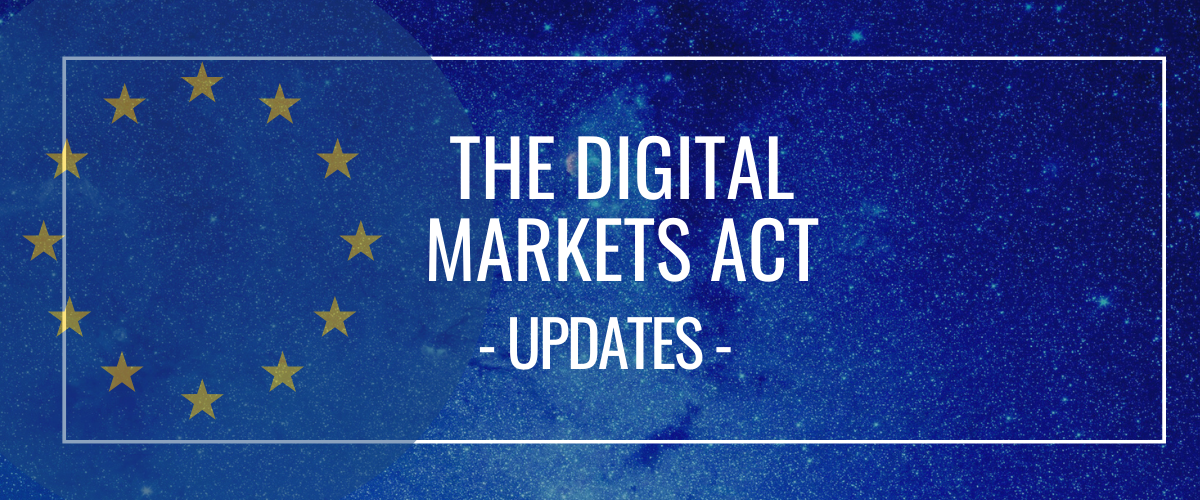The European Commission Takes Bold Steps with The Digital Markets Act
In a landmark move, the European Commission has designated six major companies – Alphabet (Google), Amazon, Apple, ByteDance (TikTok), Meta (Facebook), and Microsoft – as ‘gatekeepers’ under the Digital Markets Act (DMA). This is an unprecedented initiative to regulate and level the digital playing field in the European Union (EU).
Why is this significant for the digital ecosystem?
Gatekeepers are platforms that function as crucial intermediaries between businesses and consumers. Such a designation is consequential, as these gatekeepers are now required to fully comply with the DMA obligations. It’s an effort to ensure that larger platforms don’t impose unfair conditions on businesses and users, promoting a more transparent and competitive digital landscape.
The Implications for Mobile OEMs and Alternative App Stores
This move is a potential game-changer, particularly for mobile Original Equipment Manufacturers (OEMs) and alternative app stores. The DMA’s emphasis on “interoperability, sideloading, real-time data portability, and fairness” can break down monopolistic walls. For mobile OEMs, it can potentially lead to greater customization and more choices in pre-installed apps. Alternative app stores, which often struggle to compete against dominant players, may find a more level playing field as they can now stand side-by-side with more traditional app stores, without the restrictions previously imposed by these gatekeepers.
App developers could also benefit significantly. The DMA can facilitate better terms of service, reducing the ‘gatekeeping’ fees and potentially leading to increased revenues. Moreover, with interoperability and data portability, developers can design more versatile apps, reducing platform dependency.
Mobile marketers, who rely on data and platform tools, might also find a more open system beneficial. With increased data portability and interoperability, marketing strategies can become more dynamic and less restricted to platform-specific tools.
The Road Ahead
After their designation, these six gatekeepers have six months to align with the DMA’s directives. They must adhere to a list of do’s and don’ts, emphasizing better choices and freedoms for their users. These companies are also obligated to submit detailed compliance reports outlining their adherence strategies.
The stakes are high: non-compliance can lead to hefty fines, up to 10% of a company’s global turnover, which can escalate to 20% for repeat offenses. In severe cases, the Commission could even compel a gatekeeper to divest parts of its business or prohibit further acquisitions, similar to that of antitrust laws.
Further Investigations and Market Dynamics
While the six companies have been designated as gatekeepers for certain core platform services, some are under further scrutiny. For instance, the Commission is examining whether services like Microsoft’s Bing, Edge, and Apple’s iMessage indeed qualify as gateways. Apple’s iPadOS is also under the lens for potential gatekeeper designation.
Meanwhile, services like Gmail, Outlook.com, and Samsung Internet Browser, despite initially qualifying as gatekeepers, were exempted after successful arguments by their parent companies.
A Holistic Vision for an Open Digital Ecosystem
The DMA, which has been in force since November 2022 and applied since May 2023, seeks fair and competitive markets in the digital realm. Its focus on preventing the rise of monopolistic gatekeepers ensures that businesses, both big and small, can thrive in an open digital ecosystem. The core platform services under the DMA’s ambit range from app stores, search engines, and social networks to cloud services, operating systems, and advertising services.
Companies are presumed gatekeepers if they meet certain quantitative criteria, such as achieving a particular annual turnover in the European Economic Area, offering services in multiple EU Member States, and having a broad user base.
In essence, the DMA’s mission, as highlighted by Commissioner Thierry Breton, is to offer “more choice for consumers, fewer obstacles for smaller competitors.” It’s a bold vision of a more equitable digital landscape, where innovation isn’t stifled by the dominance of a few.
In Conclusion
The European Commission’s decision heralds a new era for the digital landscape in the EU. As Commissioner Didier Reynders remarked, the DMA is set to foster “more contestability and openness in markets.” For mobile OEMs, alternative app stores, app developers, and mobile marketers, the coming months will be transformative, presenting new challenges but also unlocking unprecedented opportunities.
For a primer on the DMA and more specifics on its inception, do read our previous article on the topic here
About the Author






